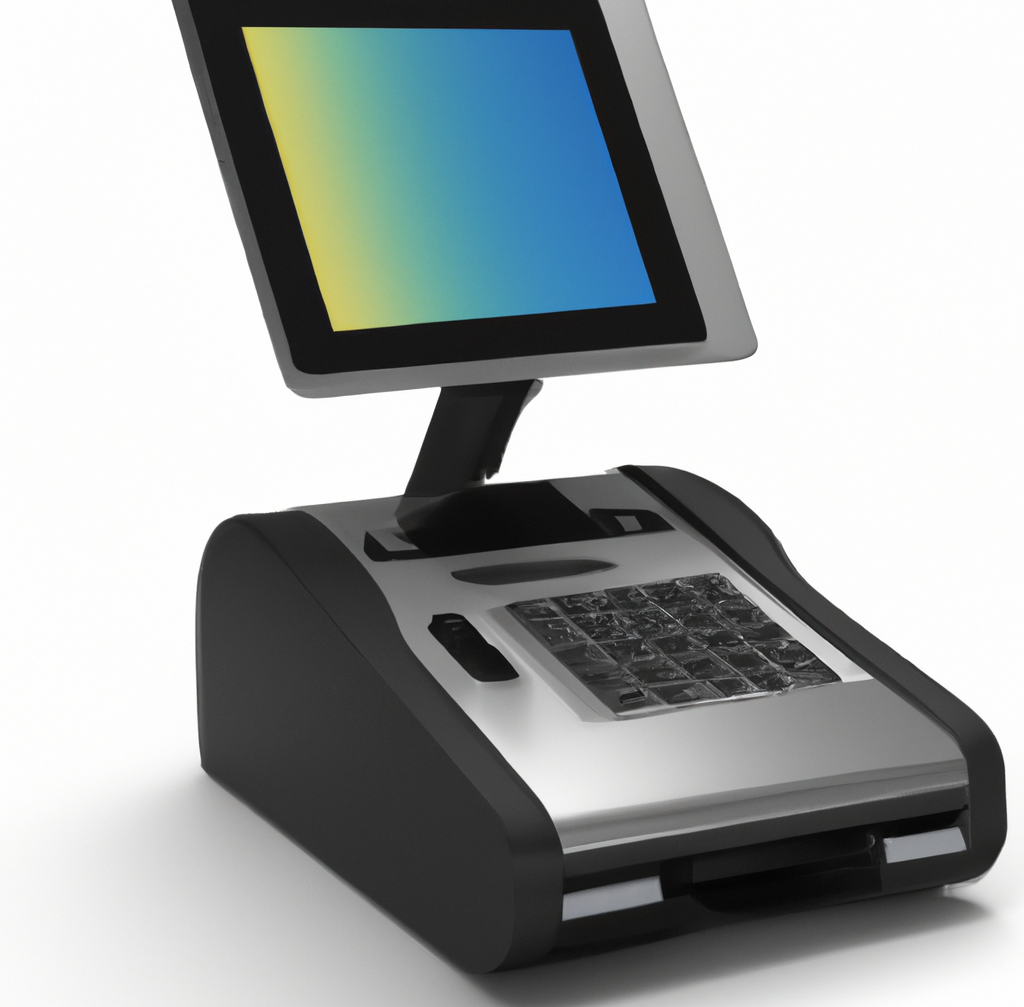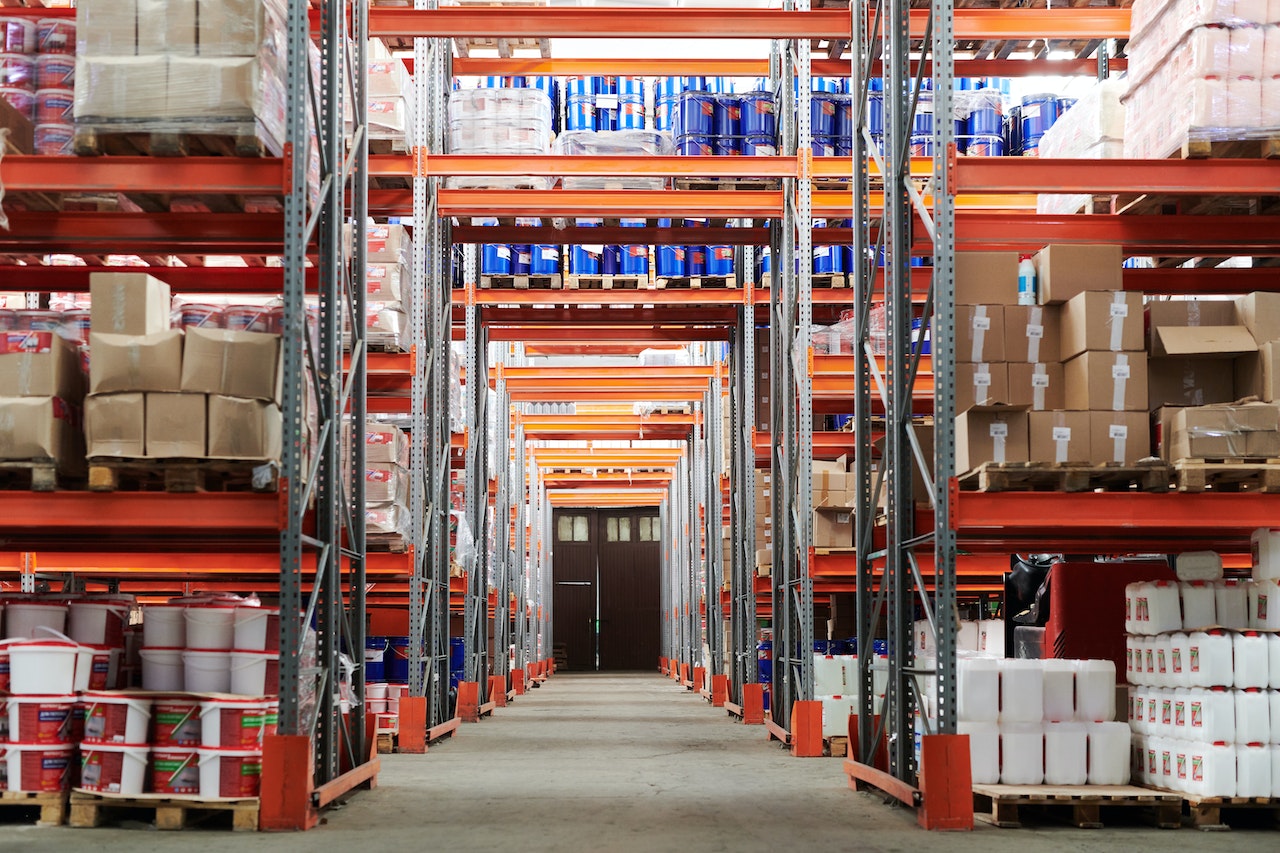A point-of-sale (POS) system is an essential tool for any retail business. It’s a combination of hardware and software that allows businesses to process transactions, manage inventory, and generate reports to help them make better decisions. With so many options available in the market, it can be challenging to determine which features are essential for your retail business. In this article, we will discuss the 25 essential POS system features that you need to consider for your retail business.

- Sales Processing : Sales processing is the most fundamental function of a POS system. It should allow you to process sales quickly and efficiently, including adding items to the cart, applying discounts, and processing payments.
- Inventory Management : Inventory management is another essential feature of a POS system. It should allow you to manage your inventory levels, reorder products when necessary, and generate reports to help you make informed purchasing decisions.
- Customer Management : A POS system should enable you to manage your customer database, including their contact information, purchase history, and loyalty rewards programs.
- Employee Management : Employee management allows you to manage your employee database, including scheduling, time tracking, and payroll.
- Reporting and Analytics : A POS system should offer reporting and analytics to help you make data-driven decisions about your business. Reports should include sales, inventory, employee, and customer data.
- Mobile Compatibility : With the rise of mobile devices, having a POS system that is compatible with mobile devices is essential. It should allow you to process transactions on a smartphone or tablet and offer mobile payment options.
- Cloud-Based : A cloud-based POS system allows you to access your data from anywhere with an internet connection, providing greater flexibility and scalability for your business.
- Scalability : A scalable POS system should allow you to expand your business as needed, without having to switch to a different system.
- Multi-Location : Support If you have multiple locations, a POS system that supports multi-location management is essential. It should allow you to manage inventory levels and sales across all locations.
- Barcode Scanning : Barcode scanning is an essential feature of a POS system. It should allow you to scan barcodes quickly and accurately to process transactions and manage inventory.
- Customer Loyalty : Programs A POS system should enable you to create and manage customer loyalty programs, including point systems and rewards.
- Gift Cards : Gift cards are another essential feature of a POS system. It should allow you to create and manage gift cards and process transactions using them.
- EMV Compliance : EMV compliance is essential for businesses that process credit card transactions. It ensures that your business is protected from fraud and liability.
- Contactless Payments : Contactless payments, such as Apple Pay and Google Pay, are becoming increasingly popular. A POS system should support these payment options to provide a better customer experience.
- Offline Mode : An offline mode is an essential feature of a POS system, allowing you to process transactions even when you don’t have an internet connection.
- Split Payments : Split payments allow customers to split the cost of a transaction between different payment methods. It’s an essential feature for businesses that accept multiple forms of payment.
- Customer Display : A customer display is a screen that displays the transaction information to the customer. It’s an essential feature that provides transparency and can improve customer satisfaction.
- Kitchen Display : System If you have a restaurant or cafe, a kitchen display system is essential. It allows you to display orders to the kitchen staff and track their progress.
- Purchase Orders : A POS system should allow you to create and manage purchase orders for your inventory.
- Vendor Management : Vendor management allows you to manage your vendors’ information, including contact information and pricing.
- Employee Permissions : Employee permissions allow you to control the access levels.
- Integration with Accounting Software : A POS system should integrate with your accounting software, allowing you to streamline your bookkeeping and financial reporting.
- Customizable Reports : Customizable reports allow you to generate reports tailored to your business needs. It’s an essential feature that allows you to gain insights into your business and make informed decisions.
- Customer Feedback : A POS system should enable you to collect customer feedback, including ratings and reviews. It can help you improve your customer service and identify areas for improvement.
- Customer Order History : Customer order history allows you to track your customers’ purchase history, including their favorite products and purchase frequency. It’s an essential feature that can help you create personalized marketing campaigns and improve customer retention.
Also Read : The Importance of Document Management & Bookkeeping.
Conclusion
Choosing a POS system is an important decision that can impact your business’s efficiency, profitability, and customer satisfaction. The features listed above are essential to consider when selecting a POS system for your retail business. It’s important to choose a system that meets your business needs, is user-friendly, and provides excellent customer support. With the right POS system in place, you can streamline your operations, improve your customer experience, and grow your business.


